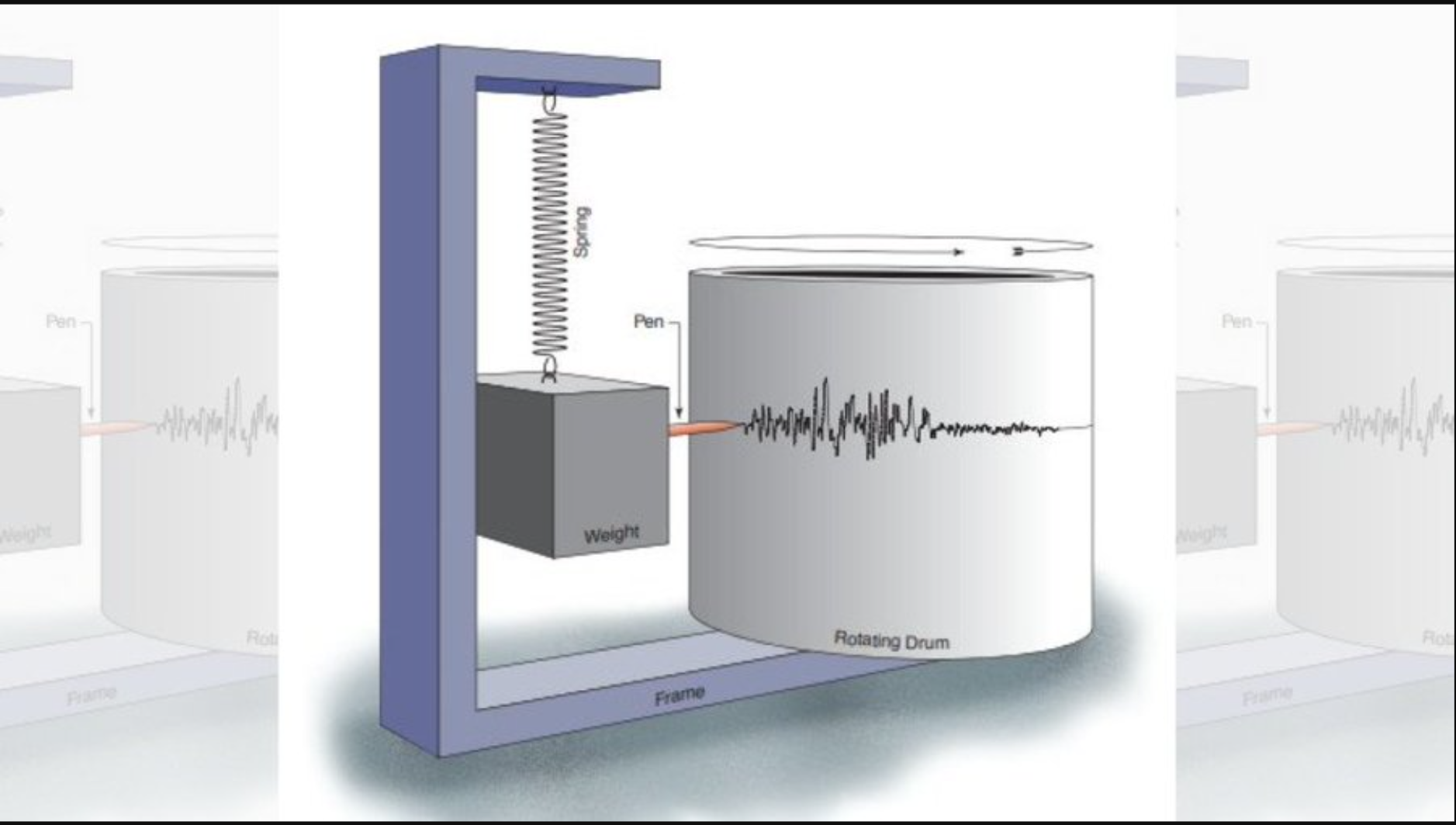The Mumbai-Ahmedabad bullet train project, one of the most ambitious infrastructural developments in India, is set to integrate an advanced earthquake detection system for ensuring the safety of passengers and structures. The National High-Speed Rail Corporation (NHSRCL), which is implementing the project, announced that 28 seismometers will be installed along the 508-km high-speed rail corridor, based on the Japanese Shinkansen technology.
A seismometer is a device that measures the ground motion caused by earthquakes and other seismic events. It can detect the primary waves (P-waves), which are the first to arrive at the surface, and the secondary waves (S-waves), which are slower and more destructive. By analyzing the P-waves, the seismometers can estimate the location, magnitude, and direction of the earthquake, and trigger an early warning system.
The early warning system will enable an automatic power shutdown on the bullet train corridor, and activate the emergency brakes on the trains running in the affected area. This will prevent the trains from derailing or colliding, and minimize the damage to the tracks, bridges, tunnels, and other structures. The system will also alert the control center and the maintenance staff about the situation.
Out of the 28 seismometers, 22 will be installed along the alignment of the bullet train corridor, in the traction sub-stations and switching posts. Eight of them will be in Maharashtra, in Mumbai, Thane, Virar, and Boisar, while 14 will be in Gujarat, in Vapi, Bilimora, Surat, Bharuch, Vadodara, Anand, Mahemdavad, and Ahmedabad. The remaining six seismometers, termed as inland seismometers, will be installed in earthquake-prone areas, such as Khed, Ratnagiri, Latur, and Pangri in Maharashtra, and Adesar and Old Bhuj in Gujarat.
The installation sites were selected after a detailed survey and soil suitability study through a micro tremor test, conducted by Japanese experts. The areas near the bullet train corridor, where earthquakes of magnitude greater than 5.5 have occurred in the past 100 years, were taken into consideration.
The Mumbai-Ahmedabad bullet train project is expected to be completed by 2028, and will reduce the travel time between the two cities from seven hours to two hours. The project is estimated to cost ₹1.08 lakh crore, of which 81% is being funded by a loan from Japan. The earthquake detection system is one of the many features that will make the bullet train project a landmark in India’s infrastructural development.



